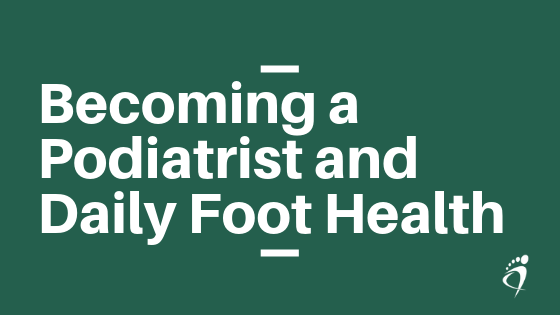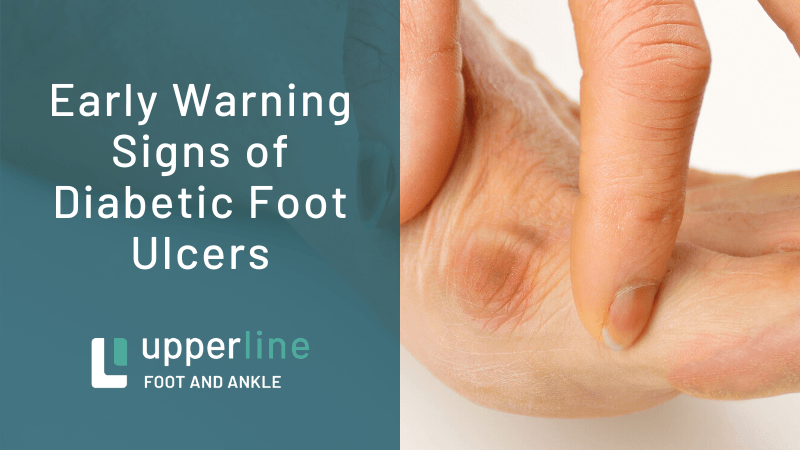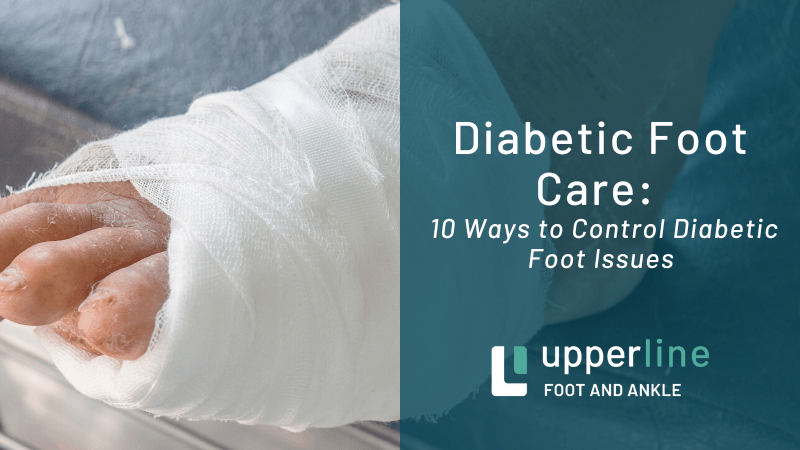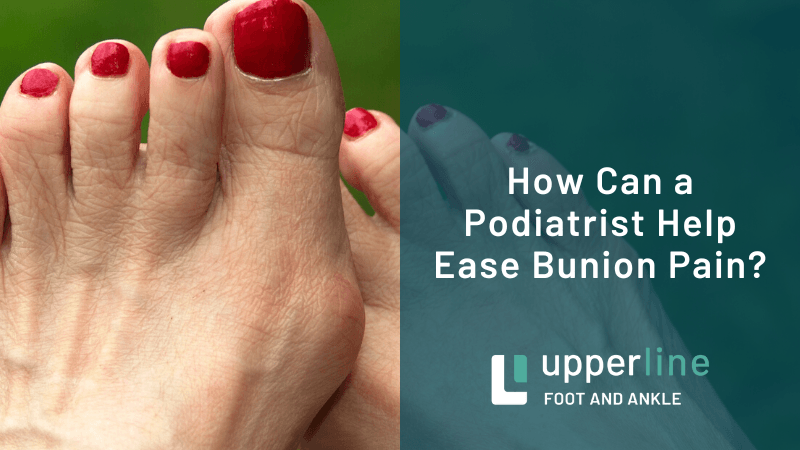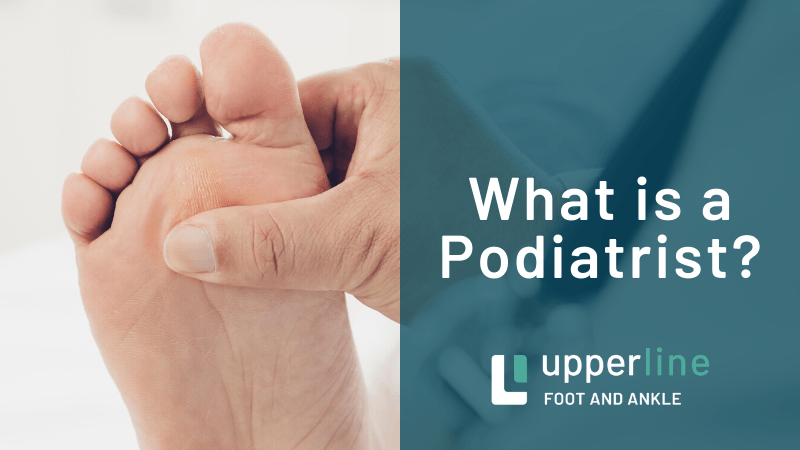Becoming a Podiatrist and Daily Foot Health | TN Podiatry
August 28, 2019
What is the educational process of becoming a podiatrist?
The vast majority of podiatrists have a four year degree, primarily in the natural sciences such as biology or chemistry, but this is not a requirement. Some podiatrists obtain an undergraduate degree in an unrelated field. Upon completing the four year degree, podiatry candidates are admitted to podiatric medical school. This is a four year degree and is modeled similarly to allopathic or osteopathic medical schools. Upon completing four years of podiatry school, the next step is residency training, which is approximately 3 years long. The advanced residency training has been standardized of the past 20 years, so that all podiatrists graduate with a surgical subspecialty.
What treatments and services are you able to perform as a podiatrist with a surgical subspecialty degree?
Some podiatrists are restricted to only the foot or certain areas of the foot due to state regulations. Some states allow podiatrists to perform surgery on the ankle or even soft tissue procedures into the leg while others are only able to offer services on the foot.
What type of hands-on training do you receive while in podiatry school?
The clinical phase of podiatry education begins in the third year for podiatry school. Students attend clinics and visit patients in the hospital. They also go through rotations in general surgery, vascular surgery, inpatient hospital medicine and wound care.
What types of ongoing training do practicing podiatrists do to stay up to date?
Many podiatrists attend seminars and conferences that occur across the country to meet the mandated continued educational requirements.
When should someone visit a podiatrists as opposed to continuing at-home treatments?
When an issue becomes so painful or uncomfortable that you can’t ignore it, then they should see a podiatrist. One of the earliest warning signs of an issue is pain. So, pain that continues and is unresolved usually needs to be addressed or evaluated.
What are neurological issues and how can they effect foot health?
Podiatrists perform a complete neurological exam on patients that come in with the neurological-related complaint, such as muscle weakness, numbness, tingling, Paresthesias or difficulty walking.
What are some general day-to-day foot care tips that you'd like to see everyone follow, comparable to brushing our teeth?
Fungal infections are a common issue, so drying your feet completely before putting on shoes or socks is essential to proper daily foot health.

